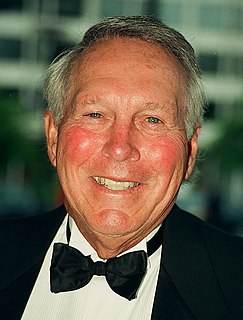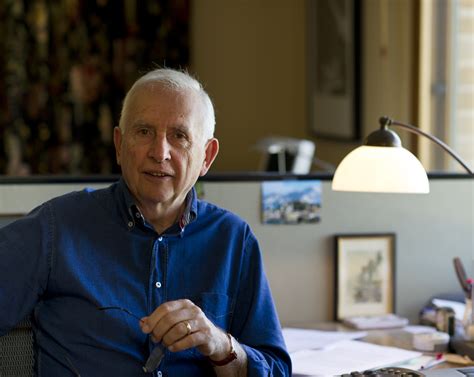A Quote by Michael Chertoff
So that's why I said, if you look at the average, you would see the money New York got this year was in line with the average across the prior three years and substantially more, by a country mile, than the money given to any other city.
Related Quotes
I bet if you look at the average teenager and the average adult, the average teenager has read more books in the last year than the average adult. Now of course the adult would be all like, 'I'm busy, I got a job, I got stuff to do.' WHATEVER! READ! I mean, you're watching CSI: Miami. Why would you be watching CSI: Miami, when you could be READING CSI: Miami, the novelization?
I think, the left makes a mistake. If you look particularly at the state levels, violent repeat criminals are not punished enough. The average murderer is sentenced to 17 1/2 years but serves six. The average rapist is sentenced to 10 years but serves about three and a half. The average mugger is sentenced to five years and serves little more than one.
According to the Tax Foundation, the average American worker works 127 days of the year just to pay his taxes. That means that government owns 36 percent of the average American's output-which is more than feudal serfs owed the robber barons. That 36 percent is more than the average American spends on food, clothing and housing. In other words, if it were not for taxes, the average American's living standard would at least double.
New York has arguably become the quintessential 1 percent city, a city that has been so given over to the rich that you now have to be rich to live here. Or not live here: New York's also a preferred destination for foreign money spent on vast, lifeless apartments in the sky that are occupied a couple of weeks a year at most.
...There's a lot of money in the Western diet. The more you process any food, the more profitable it becomes. The healthcare industry makes more money treating chronic diseases (which account for three quarters of the $2 trillion plus we spend each year on health care in this country) than preventing them.
New York was always more expensive than any other place in the United States, but you could live in New York - and by New York, I mean Manhattan. Brooklyn was the borough of grandparents. We didn't live well. We lived in these horrible places. But you could live in New York. And you didn't have to think about money every second.



































